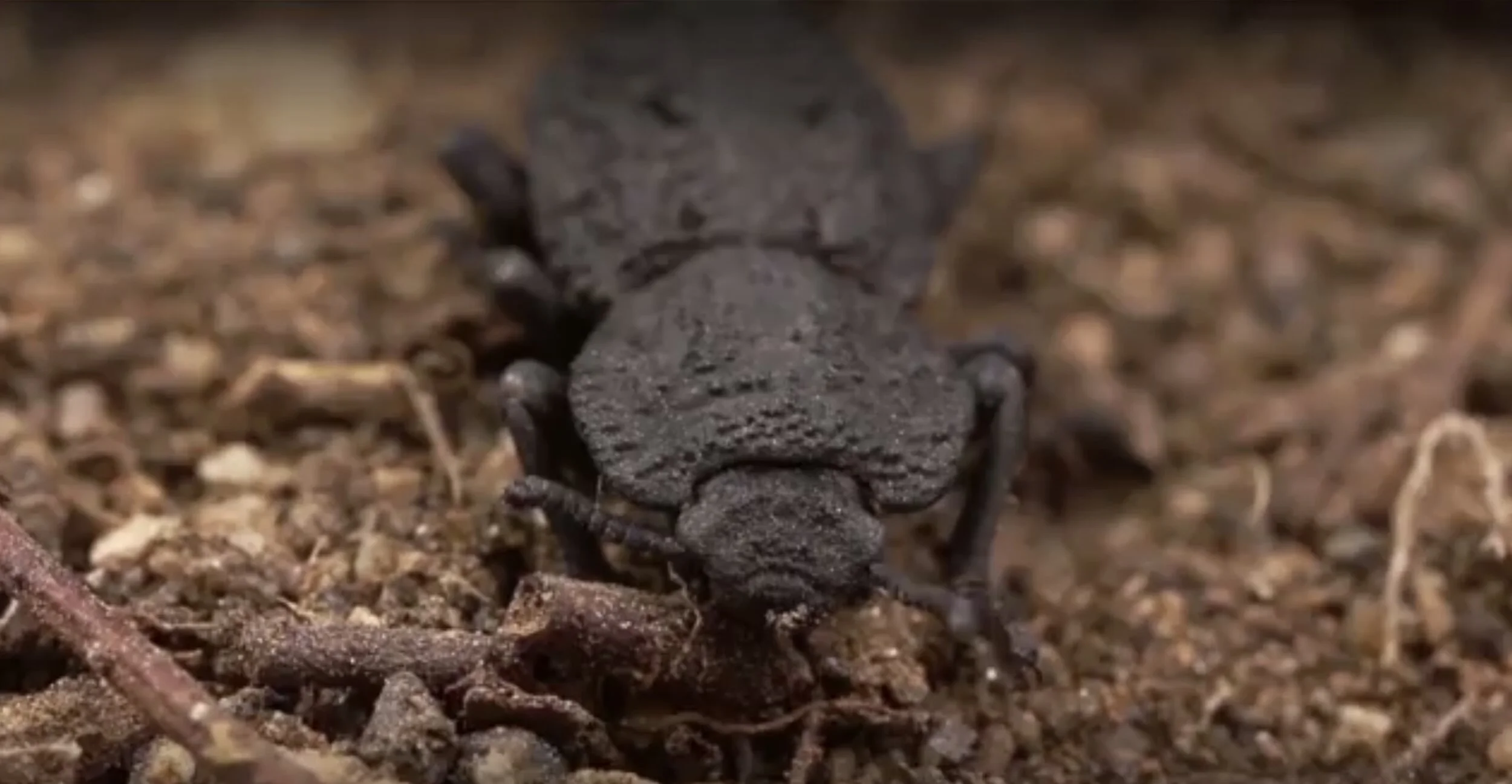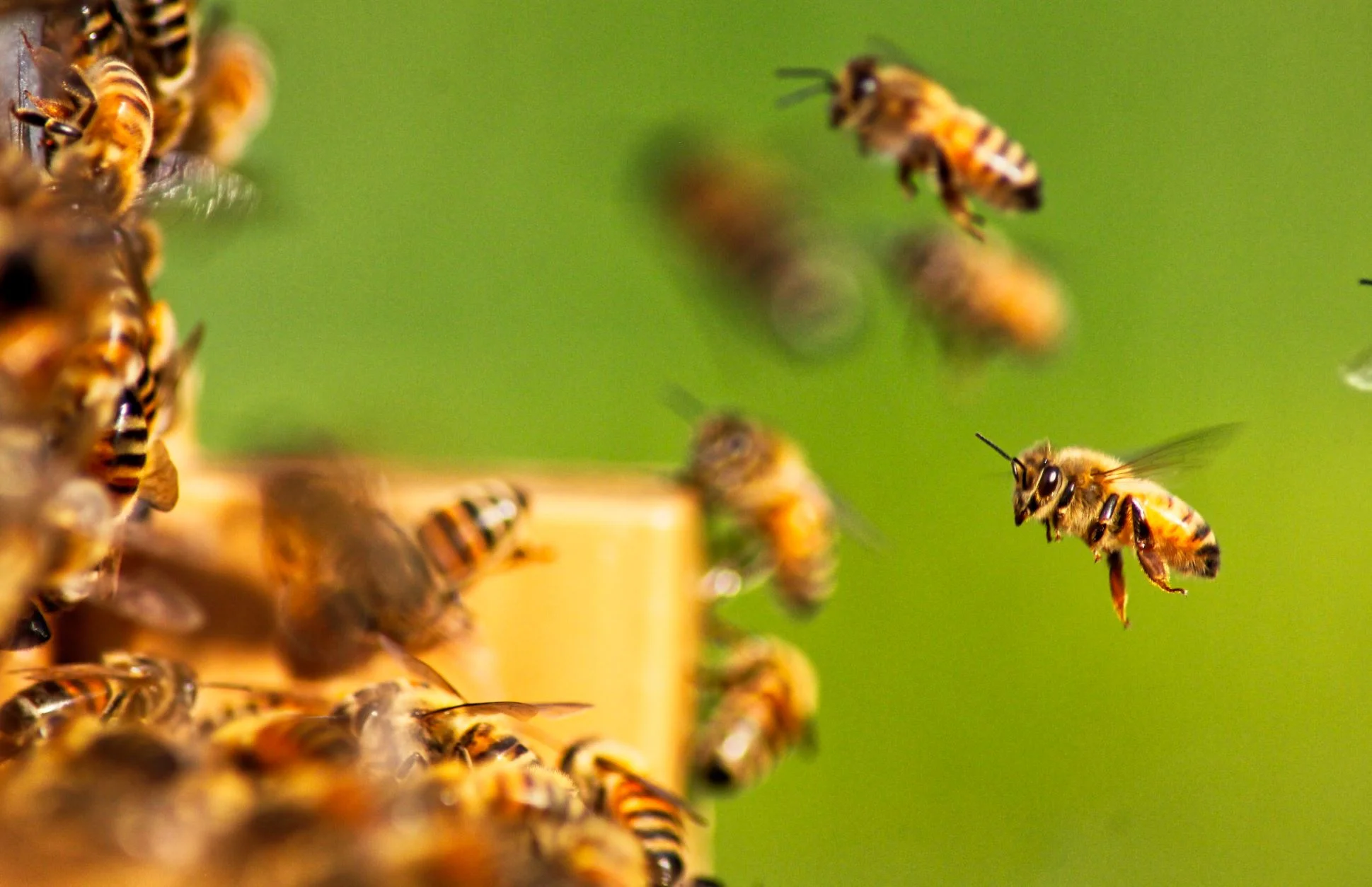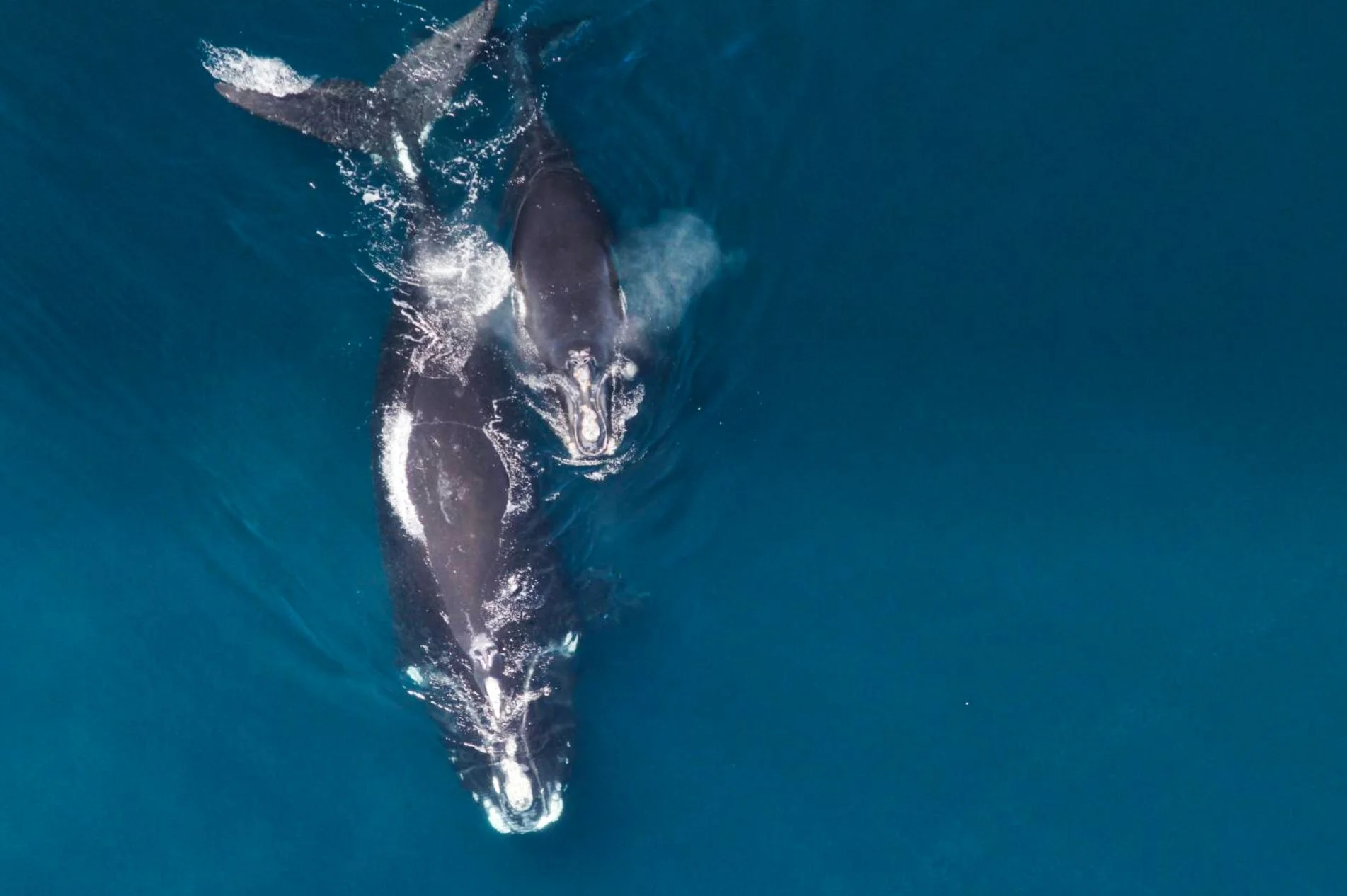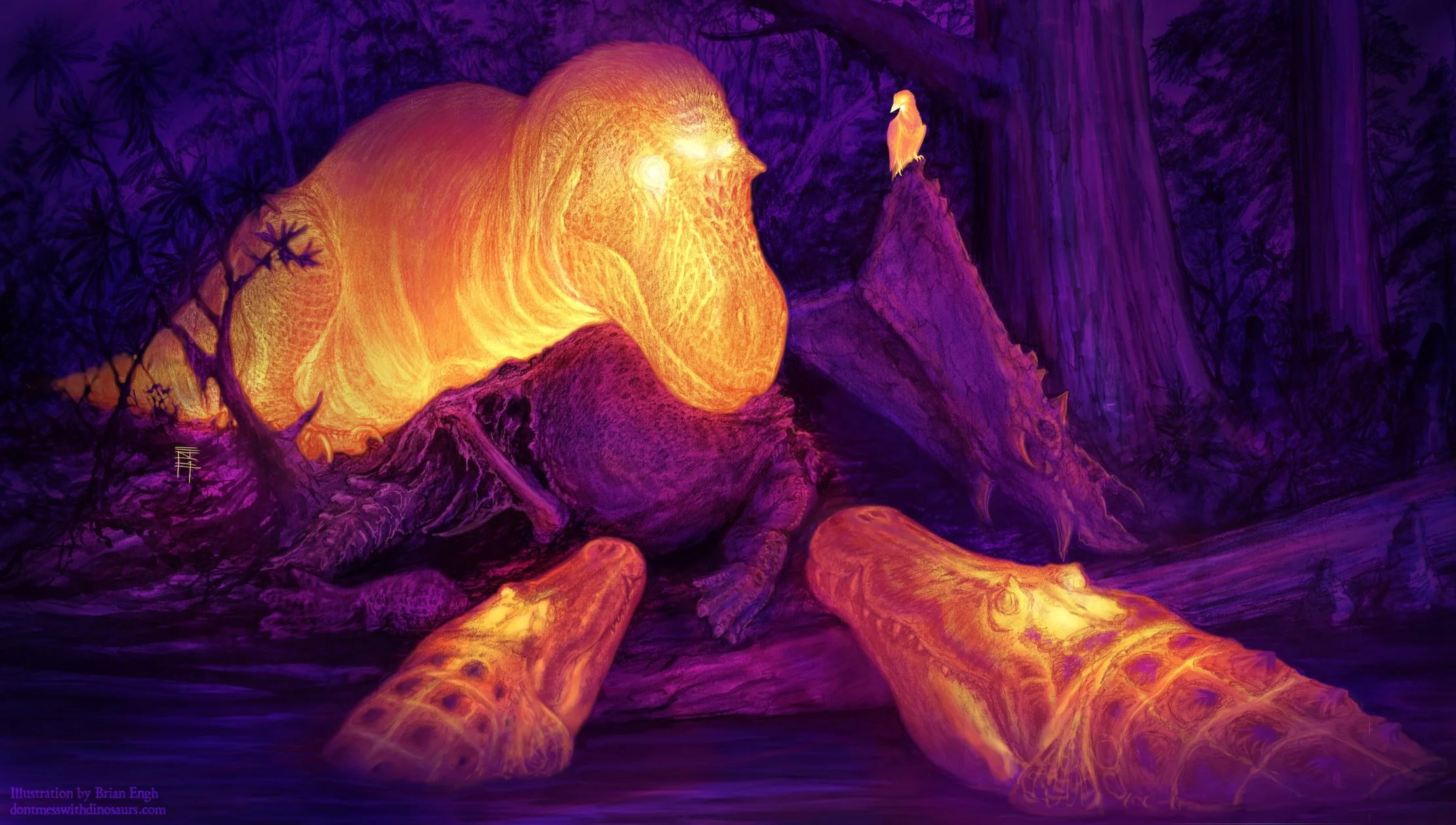An eruption of Mount Etna recently caught out some BBC journalists who were filming there. The footage was extraordinary and highlighted the hazards volcanoes pose to humans and society.
Do dogs understand the words we say to them?
Securing the future of the banana: why we need to find new wild species
This incredible beetle can endure being run over by a car, inspiring scientists to develop new materials
Are viruses alive? Perhaps we’re asking the wrong question
How do plants erase their 'memory'?
Marine animals are capable of balancing viruses in seas and oceans
Have humans evolved beyond nature – and do we even need it?
Future fossils will mainly consist of humans and their domesticated animals
According to scientists, humans and their animals now greatly outnumber the number of wild animals roaming the Earth. This ratio will be reflected in future fossil records. Our growing numbers, combined with our technological advances, have led to our impact on the natural word now being equal or even exceeding those of natural processes.
The demise of the dinosaurs forced stick insects into camouflage
Scientists discover that small forests are of great importance
What are the important factors that drive agricultural development in Africa?
Why don’t evergreens change color and drop their leaves every fall?
Bees can learn higher numbers than we thought – if we train them the right way
Bees are pretty good at maths – as far as insects go, at least. We already know, for example, that they can count up to four and even understand the concept of zero. But in a new study, published today in the Journal of Experimental Biology, we show honeybees can also understand numbers higher than four – as long as we provide feedback for both correct and incorrect responses as they learn.
















